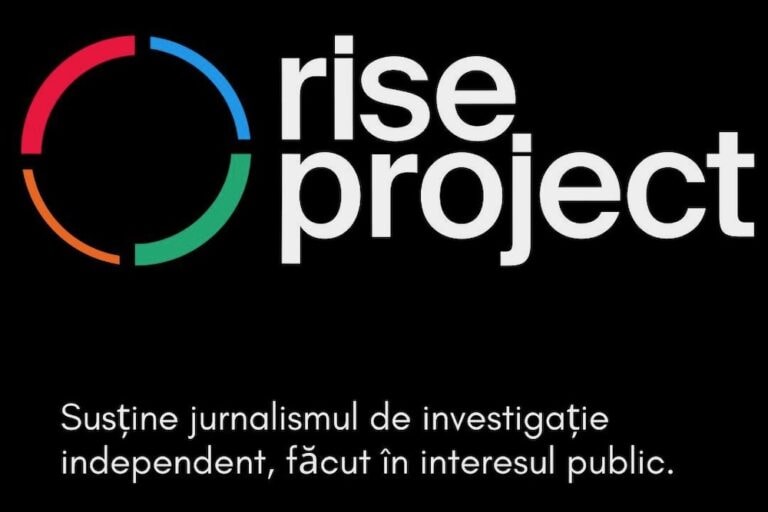(IFJ/IFEX) – The following is an IFJ media release: IFJ Warns Romania of “Retreat into Shadows” as Journalists Face Jail over Libel and Insult Laws The International Federation of Journalists (IFJ) today urged Romanian Prime Minister Calin Popescu-Tariceanu to end criminalization of insult and libel laws in Romania, which could lead to journalists being jailed. […]
(IFJ/IFEX) – The following is an IFJ media release:
IFJ Warns Romania of “Retreat into Shadows” as Journalists Face Jail over Libel and Insult Laws
The International Federation of Journalists (IFJ) today urged Romanian Prime Minister Calin Popescu-Tariceanu to end criminalization of insult and libel laws in Romania, which could lead to journalists being jailed.
“Romania must be careful not to retreat into the shadows of its political past by allowing bad law to remain on the statute books,” said Aidan White, IFJ General Secretary following the news that the country’s Constitutional Court had struck down a new law that would take the crime of defamation out of the Romanian Criminal Code.
The IFJ is calling on the government to take action to reassure media and journalists that they will not be treated as criminals just for doing their normal work.
“Journalists must be free to criticise and to express themselves in a frank and robust manner,” said White. “If they face jail for doing what comes naturally in a democracy it will be damaging for Romania’s ambitions to be accepted as a defender of human rights in Europe.”
The IFJ is supporting its Romanian affiliate MediaSind in its protest against the Constitutional Court’s decision, which said that striking insult and libel crimes from the former Romanian Criminal Code (article number 205 and 206) is unconstitutional. The IFJ has seen attacks on media and free expression increase in recent months in Romania.
“Romania must put an end to the criminalisation of insult and libel laws if it wants to ensure a free and democratic press and be in accordance with the other European Union members,” said IFJ General Secretary Aidan White. “If the legal system is used to curtail criticism of the government, it will create a damaging environment for free expression.”
The IFJ is also urging the European Commission to intervene and publicly call on Romania to end the criminalisation of these offences.
Last week, the IFJ and MediaSind protested at the “disturbing and inappropriate” comments made by Romanian Justice Minister Monica Macovei, which violated the rights of veteran journalist Sorin Rosca Stanescu, director of the newspaper ZIUA, by publicly questioning his newspaper’s right to criticise her. Stanescu lodged a complaint accusing her of abusing her authority.
His action follows public comments by the minister that suggested Stanescu and his newspaper have no right to criticise her ministry while he is a defendant in a court case in which he is accused of having used confidential information.
Another journalist who has also recently been victimized by the government’s attacks on the press is Dan Pârcalab, manager of the Maramures Gazette, who has been on a hunger strike to protest his arrest on charges of blackmail.
MediaSind announced that it would not participate in the “false” debate organized by the Minister of Justice. The IFJ is backing the union’s call for a public debate organised with all the representative structures of civil society, non-governmental organisations, trade unions and owners, to establish a plan that will ensure free and democratic media in Romania.
The IFJ represents over 500,000 journalists in more than 100 countries worldwide.


